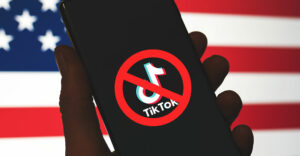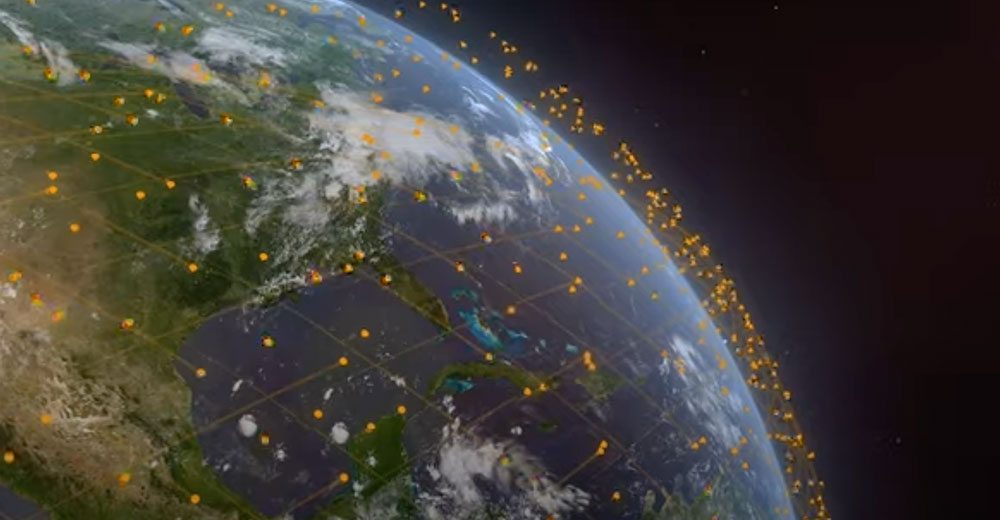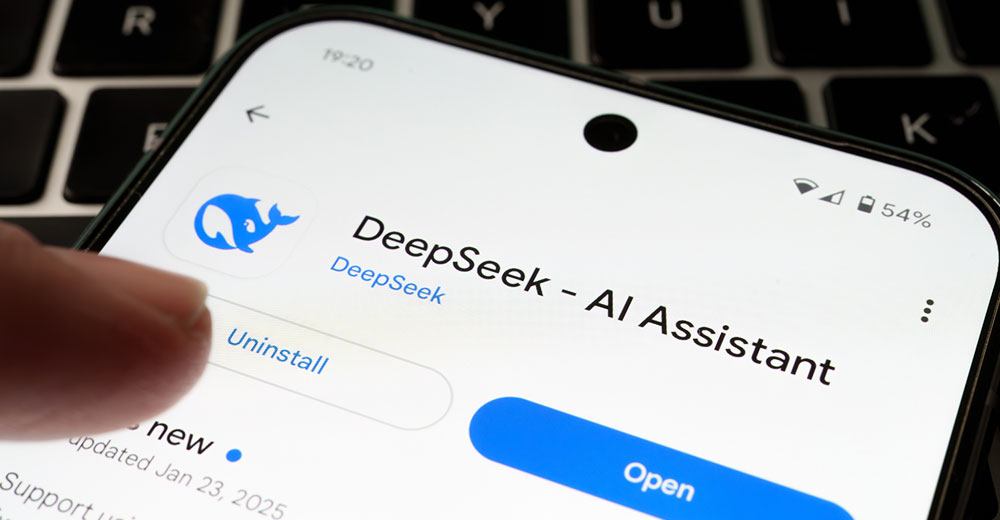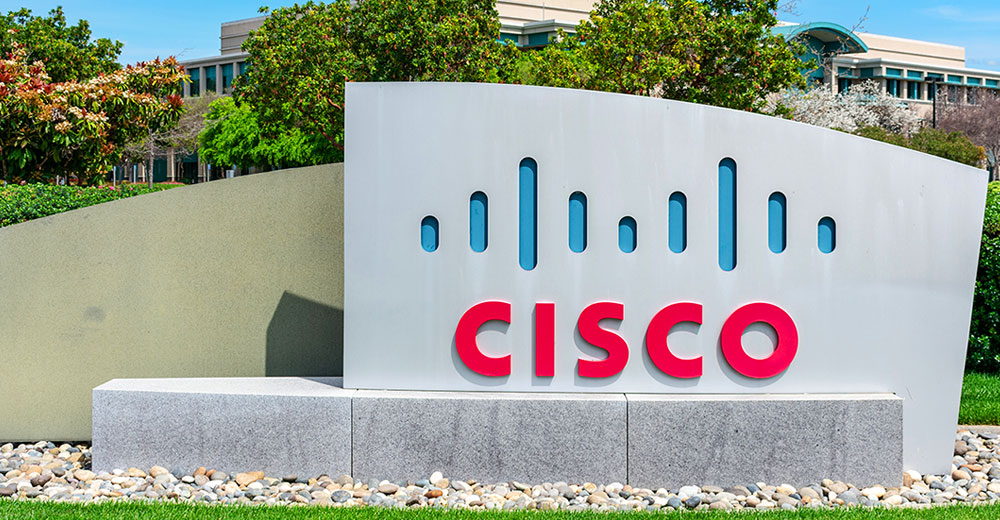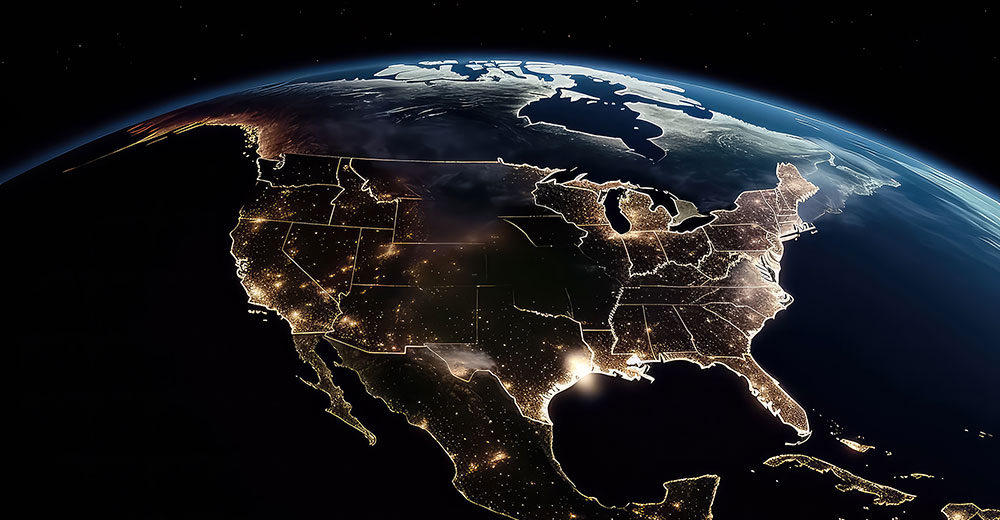The Republican Party and at least two outside political-spending groups used anonymous Twitter accounts to share internal polling data in the months leading up to this year’s midterm elections, CNN reported on Monday.

Tweets posted to the accounts — one of which was named after the fictional West Wing character Bruno Gianelli, who attempted to fund campaigns with possibly unethical cash — appeared as unintelligible streams of numbers to the untrained eye.
“CA-40/43-44/49-44/44-50/36-44/49-10/16/14-52–>49/476-10s” is one example cited by CNN.
In fact, the posts included polling data for various House races and could have been used by the GOP to better focus its efforts as the elections approached. As such, it’s possible the party violated campaign finance laws prohibiting coordination between political parties and spending groups.
Karl Rove’s super PAC American Crossroads, right-wing advocacy group the American Action Network, and the National Republican Congressional Committee all had access to the information posted to the accounts. Two of those accounts — @brunogianelli44 and @TruthTrain14 — reportedly were deleted as soon as CNN contacted the NRCC about them.
The NRCC did not respond to our request to comment for this story.
‘Hiding in Plain Sight’
By law, outside groups such as super PACs are free to spend on political causes, but they can’t coordinate their plans with campaigns.
It is a gray area, however, because the Federal Election Commission doesn’t consider it coordination if it’s publicly available information being shared, Larry Noble, senior counsel with the Campaign Legal Center and former general counsel for the FEC, told TechNewsWorld.
In this case, the information was in some sense public because it was posted on Twitter, where anyone could see it. On the other hand, because it had no meaning for anyone but those trained to interpret it, then in many ways it was “hiding in plain sight,” Noble explained.
“It may not equal coordination, but I’d say it warrants investigation by the FEC,” he said.
In fact, FEC Vice Chair Ann Ravel responded to the report on Monday via Twitter: “Shows that tech changing politics — this issue may come before us — but coordination rules sadly murky.”
‘A Doughnut-Sized Loophole’
“This is a kind of case in point for one of the biggest problems in campaign finance,” said Lisa Gilbert, director of Public Citizen’s Congress Watch division.
“It’s pretty clear that there are blurry lines, but this seems like the next bad step in an ongoing trend,” she told TechNewsWorld.
The FEC has “moderately tinkered” with coordination rules over time, but it clearly needs to refine them further to take this latest example into account, Gilbert suggested: “Right now, it’s a doughnut-sized loophole.”
The groups in question reportedly had been communicating in this way for four years, though activity was deleted very few months.
Aside from the question of coordination, it’s also possible that polling data in this case could be considered a donation to the NRCC, meaning that the spending groups might have violated election rules by not reporting those donations, CNN noted.
‘Coordinating With Deniability’
“This seems like a much more sophisticated version of the practice of candidates putting ‘B-roll’ up on YouTube — call it ‘coordinating with deniability’ by posting in a public forum,” said Viveca Novak, a spokesperson for the Center for Responsive Politics.
As for possible legal violations, “they went to some trouble to conceal the sharing, which could mean they were worried about legality, though it could also mean they didn’t want to share the data with the wrong people,” she told TechNewsWorld.
“Unfortunately, it’s not clear where the line is on coordination, and the agency has not done anything to fix that,” added Novak.
All About Money
Limits on political spending would greatly alleviate the problem, Dale Eisman, a spokesperson for Common Cause, told TechNewsWorld.
Common Cause has worked on behalf of a constitutional amendment cosponsored by Sen. Mark Udall, D-Colo., designed to impose new regulations on political spending.
“It wouldn’t necessarily matter how much these groups could coordinate, because there would be limits on how much they could spend,” Eisman explained. “This is a very sticky area — money is what creates the problem.”











